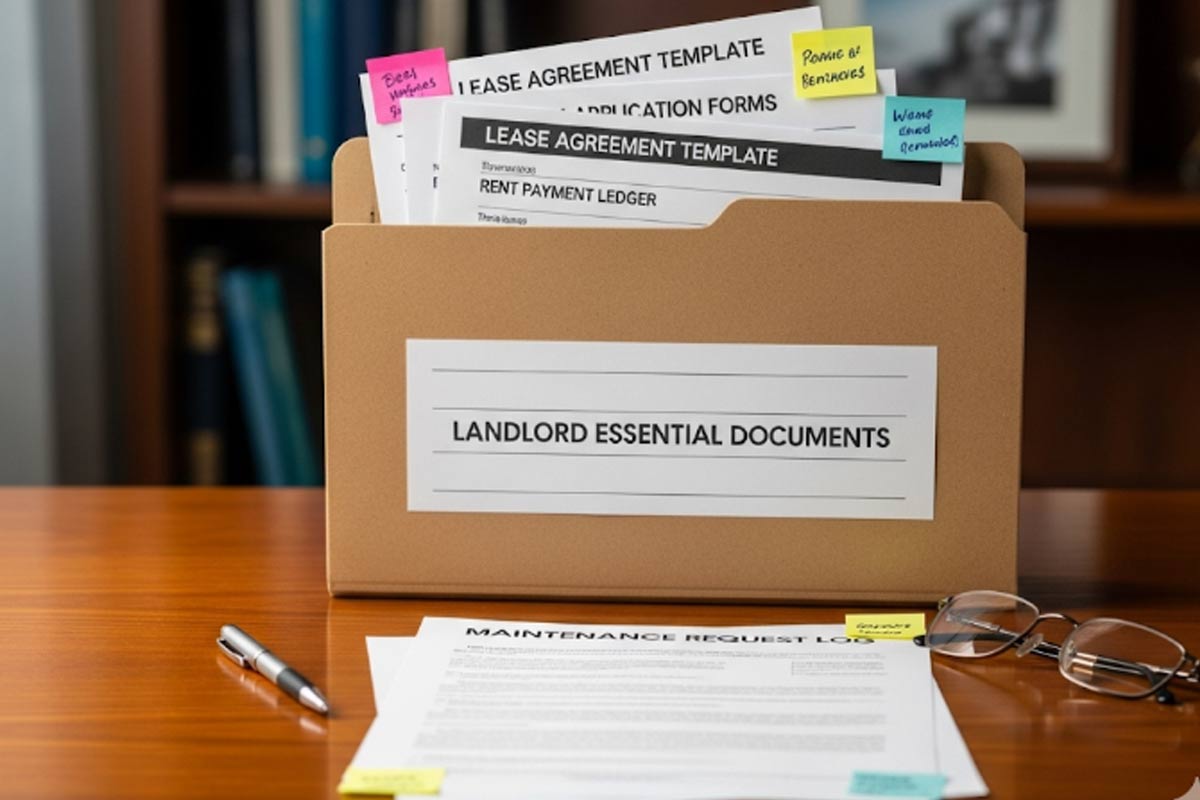Blog
10 Common Lease Violations Every Landlord Should Know and How to Handle Them
A rental property owner enters a unit for a routine inspection. The tenant, a single professional, seems responsible. The landlord is met with the smell of pet dander and a scratching sound from behind a closed bedroom door. The landlord finds a large dog, a clear breach of the no-pet policy in the signed lease […]
The Art of the Reference Check: Questions to Ask a Former Landlord
Finding the ideal rental property is a joyous occasion, but securing it involves more than just a strong credit score. For landlords, the quest for a responsible tenant is paramount, and it goes beyond the face value of an application. A comprehensive reference check on a prospective tenant is an indispensable step. It gives you […]
Best Practices for Landlords: Creating a Late Rent Policy that is Fair and Firm
Late rent payments are an inevitable part of property management. It’s not a matter of if, but when. For landlords, a clear and effective late rent policy is more than just a set of rules; it is a critical tool for protecting their investment and ensuring financial stability. Without a proper framework, property owners face […]
How a Solid Pet Policy Protects Your Property and Tenants
Having a pet brings immense joy and companionship to many people. For many renters, their pets are considered part of the family. Landlords are increasingly recognizing this reality, with a 2022 study by the Canadian Animal Health Institute (CAHI) reporting that over 60% of Canadian households have at least one pet. While this trend offers […]
Common Mistakes Landlords Make on Rental Applications (and How to Avoid Them)
A thorough rental application process protects both landlords and tenants. It ensures a good match, leading to a stable tenancy and a positive living situation for everyone involved. For a landlord, a carefully vetted application can prevent many future problems, from late rent to property damage. For a tenant, it guarantees they are moving into […]
The Landlord’s Checklist: What Documents You Must Keep (and For How Long)
A notice arrives from the Canada Revenue Agency (CRA) requesting an audit of your rental property income and expenses from two years ago. Immediately, a wave of panic sets in. You remember stuffing a shoebox full of receipts and old paperwork but have no idea if you kept everything you need. This is a common […]






